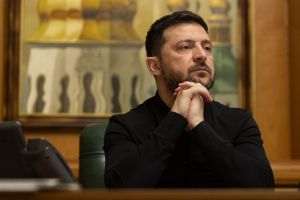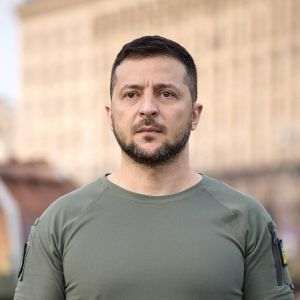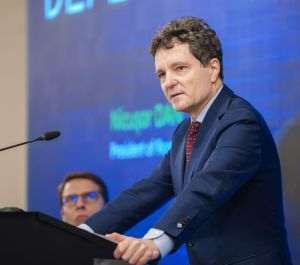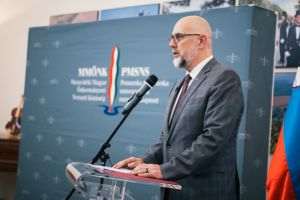Knowing the past is fundamental for building the future. The Minister of Education, Ligia Deca, declared that all high school students will take the subject "History of Communism in Romania', a subject dedicated to grades 12 and 13 in evening and part-time education. According to the minister: "Nostalgia for times of sad memory has complex causes, but one of the most important of these causes is ignorance of historical facts. The phenomenon is worrying, all the more so since it seems to be registered within different age categories, including among young people who did not live even a day under the communist regime, some being born right after Romania joined NATO or the European Union. (...) This is dedicated to students in the 12th grade of day education, respectively the 13th grade of evening and part-time education. In other words, all high school students in Romania will take this subject. I would add that all students will take this subject right when they approach their first democratic vote, when they approach the age at which you become mature and begin to become an active citizen, including through the democratic gesture of voting." According to the minister, students will have the opportunity to learn about the institutions, policies and social realities of the communist regime in a manner "balanced and documented".
At the same time, topics will be addressed that target both repression and forms of resistance, as well as everyday life or protochronism. Deca said that the curriculum integrates relevant case studies such as Radio Free Europe, Decree 770 of 1966 or the Warsaw Treaty, providing a clear picture especially of how political or historical decisions have affected people's lives. The minister specified that the subject is not a simple course about the past and will not be an ideological exposition, but an objective presentation of the facts. Also, the discipline will not be "a judgment of some or others", but will explain to students what happened, inviting them to critical reflection. Ligia Deca added: "You will ask us why it was necessary to introduce a subject specifically dedicated to the history of communism in Romania. (...) First of all, the current context confirms that we need our students to know and understand the events that determined the past and that still mark the present. We have an obligation in schools and universities to combat ignorance and manipulation that derives from ignorance of history. Inadequate knowledge or even lack of knowledge of historical facts from the communist regime period leaves room for distortions that can influence social and, as we have seen, electoral behavior. In addition, these lessons are also for the future." In his opinion, the skills targeted by studying the subject primarily aim at critical thinking, civic reflection and historical empathy: "The optional "History of the 1989 Revolution and the Change of Regime in Romania' represents an act of memory and gratitude for those who fought and sacrificed themselves so that Romania could pave its way to freedom and democracy. (...) It is a lesson about the fragility of freedom and how through indifference or complicity, sometimes out of ignorance, evil can become commonplace... Students, we hope, will understand that democratic values and human rights should never be taken for granted and that any slippage can have tragic consequences." The introduction of this new school program into the national curriculum was marked at the Library of the Faculty of Letters of the University of Bucharest, through the event "35 years since the Romanian Revolution of 1989: Approval of the school curriculum for the discipline "History of Communism in Romania". The opening of the event was attended by Ligia Deca, Minister of Education; Daniel Şandru, president of the Institute for the Investigation of the Crimes of Communism and the Memory of the Romanian Exile; Marian Preda, rector of the University of Bucharest; Mioara Anton, director - Institute of History "N. Iorga" of the Romanian Academy; and Marcel Bartic, history professor. The subject "History of Communism in Romania" is mandatory and will be taught, starting with the 2025 - 2026 school year, to students in grades 12 (daytime education), respectively 13 (evening and part-time education). The contents are structured in 13 areas, organized based on chronological and thematic criteria, including an introduction to the study of communist regimes, followed by topics in which notions related to the political system in Romania are addressed (state and party institutions, repressive policies and forms of opposition and contestation), international relations, aspects related to the economy, social structures and policies in the fields of education, health, culture, the December 1989 Revolution, methe death of the communist regime.
























































